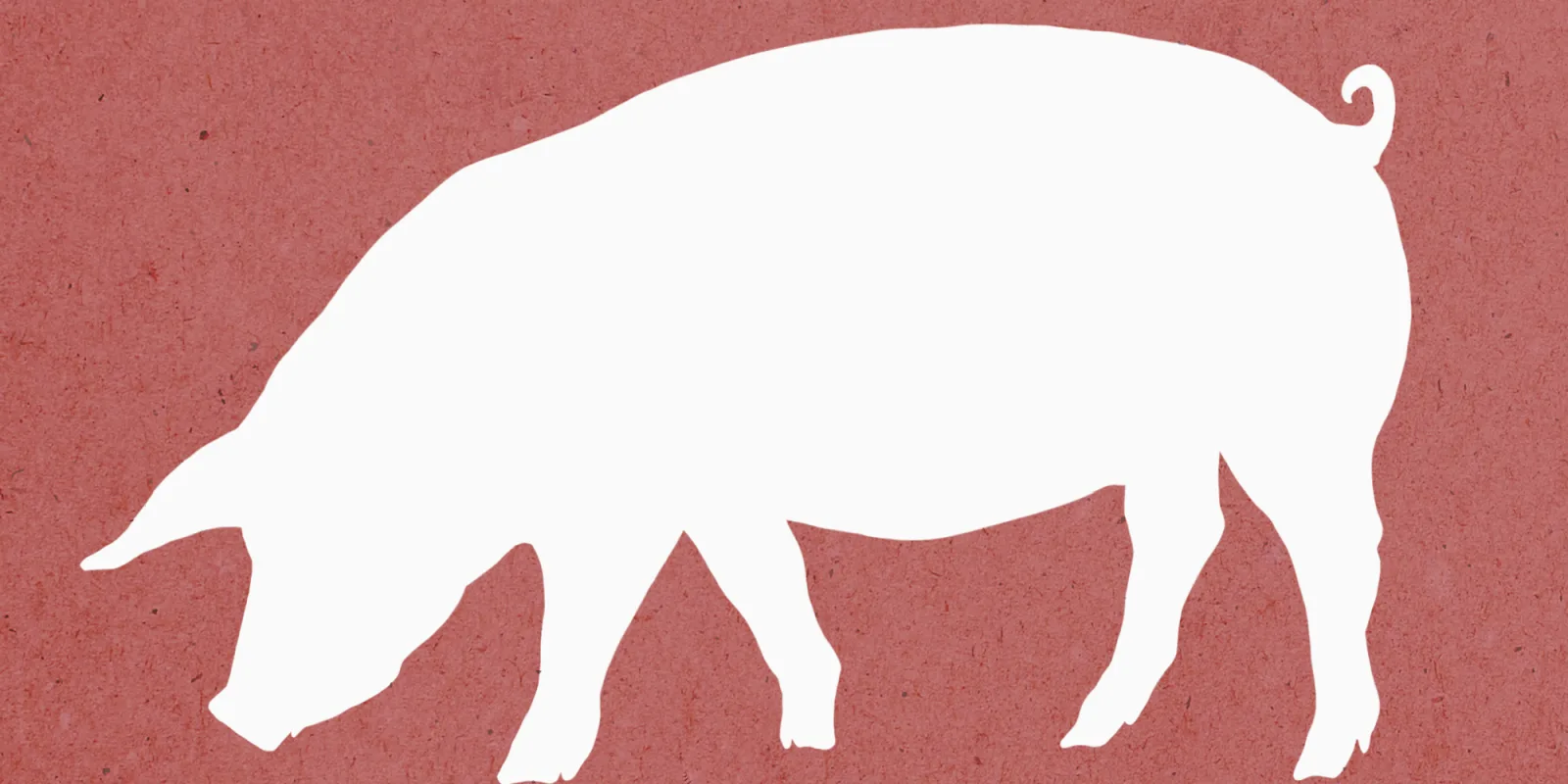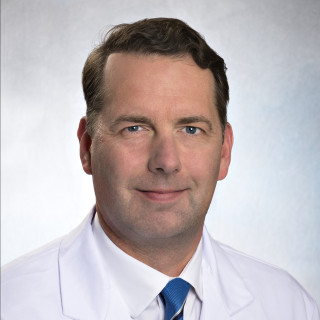On a beautiful Sunday morning in Boston, Bartley Griffith humbly told a great story to hundreds of people. It was about a patient and a heart, and it was mesmerizing. By all accounts, his patient David Bennett should have been dead. Years of heart problems had taken a devastating toll. David’s heart was failing, no longer able to sustain life. The University of Maryland Medical Center team had tried everything, and the options were limited. Then suddenly, on January 7, 2022, an event shocked the world: David got one amazing and unexpected chance. David received a new heart. He got a pig heart, and the field of transplantation changed forever.
In the Western world, CHF is one of the leading causes of death. Every year, millions of lives are lost, and billions of dollars are spent. Efforts are based on improving the quality of life and helping patients live longer. Despite advances in medications and surgeries, some hearts will become too weak, and patients debilitated, and only a new heart will save them. In 2021, 3,817 patients in the U.S. received a new heart. Without a transplant, most individuals have fewer than days or weeks to live. A transplant is their only chance, the gift of life. But for many, this gift will never arrive. Donor organs are scarce, and because of that, only the best candidates are accepted as suitable recipients. For others, like David Bennett, factors dictate that they are not good candidates for a heart transplant, and this gift of life remains elusive. That could all change very soon.
Using organs from animals to sustain human life is not a new idea. Xenotransplantation, where a non-human organ is placed in a human body, has been tried before. The case of Baby Fae in 1984 drew tremendous international attention. Stephanie Fae was an infant dying of heart failure. She received a baboon heart to save her life until a human heart could be found. The heart was rejected and lasted 21 days. None have been attempted since. However, recent genetic advances have led to the breeding of pigs that are modified in a way to avoid the human immune response. With these efforts, led by the pioneering work of Bartley Griffith and the Cardiac Xenotransplantation program at the University of Maryland, a new era of xenotransplantation may be upon us. At the 102nd Annual AATS meeting, Dr. Griffith detailed his team’s exploits to a stunned audience of leading international thoracic surgeons and colleagues. “Lets’ declare this a success,” said Dr. Griffith. “This pig heart was a rock star. We couldn’t wait to see every new echo, to see this heart beating beautifully. It was exhilarating.” In an event that shocked the world, Dr. Griffith and his team had transplanted a genetically modified pig heart into a human being in those early days of January. This was the culmination of years of diligent research, ethical considerations, and unimaginable courage by both the transplant team and the patient.
David had wanted a human heart. After 61 days in the hospital, and 48 days on ECMO, his days were numbered. For many reasons, he was not eligible for a human heart. He was not eligible for a mechanical heart. David was a fighter, and his team approached him about receiving a pig heart. The transplant team at the University of Maryland had worked for years and spent millions of dollars in research to understand the mechanisms of rejection in cross-species transplantation. With advances in genetics, pigs had been created with several knockout genes. By eliminating several genes in a pig, including alpha 1-2 Gal and Beta 1-4 Gal, among many others, the human immune system’s reaction to a foreign organ is greatly diminished. Diligent research showed that hyperacute and acute rejection could be almost eliminated. Genetically modified pig hearts were lasting for months in primates, with excellent cardiac function. The time was right to give a human a chance.
Before going to sleep, David winked at Dr. Griffith and asked, “Are you sure I can’t get a human heart?” He woke up after a nine-hour surgery with a new heart, one that was beating hard, sustaining excellent vital signs. David was weaned off ECMO. He no longer needed a ventilator. He started sitting in a chair. The biopsy results of the new heart were incredible: No rejection and beautiful myocardial muscle cells. For over a month, the heart was perfect. However, one morning, things changed. Due to large doses of immunosuppressive drugs, infections developed. David would get better than worse. The cycle repeated itself. The team tried multiple treatments, but eventually, all efforts were futile. After 50 days, biopsies showed that the new heart was infected with porcine CMV, a common virus that lay dormant in the pig heart. This unsuspected hitchhiker was now a driver of death. Biopsies showed diffuse capillary damage, evidence of a complement storm, and the muscle tissue showed edema. David died after two months, surrounded by family members. Family members from whom he had been estranged for years; were a silver lining in a complex journey.
“Many will see this as a failure,” said Griffith. “I accept that we failed, and our patient died. But we learned so much. What if we stop too early? Imagine if we could have organs on demand for patients, able to extend their life? This could change everything.” He is entirely correct. So many people die of heart failure each year because they have no option. David survived because of the advances in genetics and medications and our better understanding of the immune system. The world has learned so much from this event. “We learned that the heart size match was fine. We were very worried about that,” said Griffith. “We learned that we had no hyperacute rejection. We learned that the heart function was amazing. We see that we need to do some things differently, including how we care and raise these animals.”
At a later session, Malcolm Gladwell urged those in attendance to be courageous. Dr. Griffith and his team (along with David Bennett) displayed tremendous courage by doing this transplant. Courage to be criticized, courage to try and fail, courage to emotionally fail. The path to success and innovation is never smooth, and many lessons will continue to be learned. As Dr. Shaf Keshavjee concluded, “This will go down as a major advance in our field.” A sentiment shared by the audience and the world.
Image by Clip Studio Paint / GettyImages







